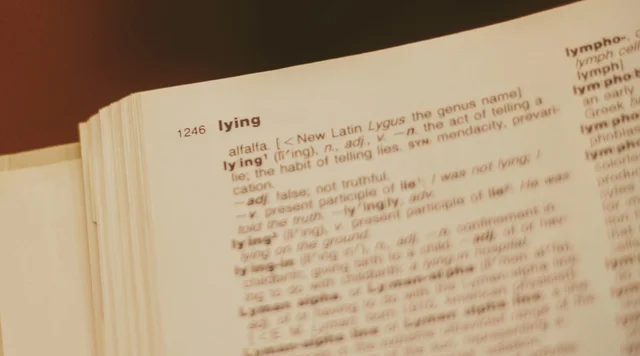
It's time for another in our series of knowledge base posts. This time: Filing a patent complaint in the District of Delaware.
It's honestly not all that difficult to file a complaint. But, still, when I do it, I sometimes wonder: Am I forgetting anything?
I thought I'd post a non-exhaustive checklist of items that should be included when filing a complaint, with some light commentary.
But first, a disclaimer! This is a non-exhaustive list, and it may contain errors. Consult your counsel, particularly your Delaware counsel. Do not treat this as legal advice for your particular situation. Finally, keep in mind that the links below may be out of date!
With that said, here is the list, in no particular order:
- The complaint. You'll need a Rule 11 basis for everything you allege; that's no joke. You'll also need to allege infringement of at least one claim of each patent, in sufficient detail to survive a motion to dismiss. Parties do not typically allege infringement of every possible claim—the Court has generally allowed claims to be added as part of the contention process. Thinking of alleging pre-suit indirect infringement or willfulness? Check this out.
- The patent(s). Yep, you have to attach it. It's a local rule (LR 3.2). (I've wondered—how did this rule come to be? Who would file a patent complaint without attaching the patent?)
- The Civil Cover Sheet. This is actually important—you must carefully list all related cases. That's part of how the Court assigns judges. You do not want to be in a situation where two judges figure out that they have both been managing the same underlying case because the plaintiff did not fill out the form properly. Look for case law on what qualifies!
- The PTO form. You'll also need this if you are amending a complaint to add a patent.
- The Summons form(s). The D. Del. procedures for these changed a bit during COVID, and haven't yet changed back that I know of.
- An FRCP Rule 7.1 Statement. If you or your client are a corporation, you must file this.
There you have it. Just make sure you file everything right—mechanically speaking—so that the Clerk's Office doesn't strike it.
Typically, you'll have other exhibits as well: evidence of infringement, potentially claim charts, etc. But the above is meant as a quick gut-check list of some basic items, that we Delaware attorneys can refer back to and ask ourselves: did we forget something?
If you enjoyed this post, consider subscribing to receive free e-mail updates about new posts.






